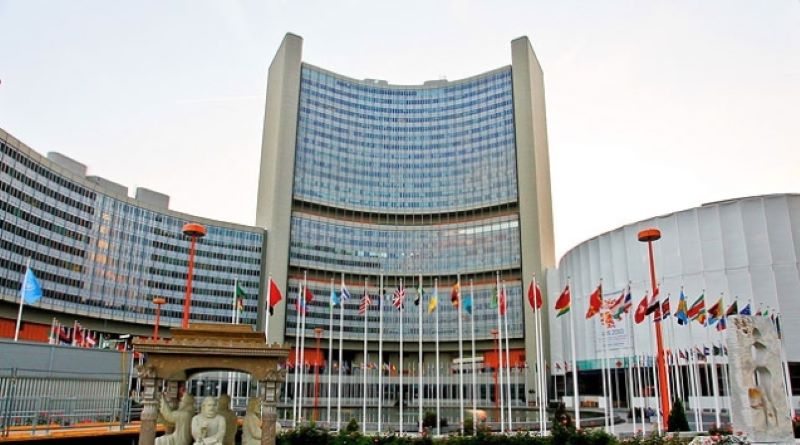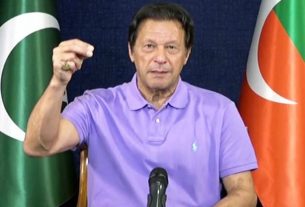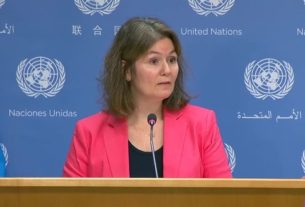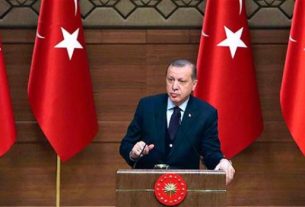VIENNA: Iran has announced plans to begin uranium enrichment using thousands of advanced centrifuges at its Fordo and Natanz facilities, according to the UN’s International Atomic Energy Agency (IAEA). This move raises global tensions as Tehran’s program remains close to weapons-grade enrichment levels.
The IAEA stated that Iran will enrich uranium to 5% purity with advanced IR-2M, IR-4, and IR-6 centrifuges, faster than the older IR-1 models. While 5% enrichment is far below the 60% Iran currently achieves, it signals both a willingness to negotiate and a potential escalation if talks falter. Weapons-grade enrichment requires levels around 90%.
The U.S. State Department condemned the announcement, describing it as “escalatory” and lacking “credible civilian justification.” Iran’s UN mission did not respond to requests for comment. Meanwhile, Iranian newspapers emphasized the nation’s resolve, with some warning of further steps if the West continues “unjustified pressure.”
Diplomatic Stalemate and Regional Tensions
The IAEA report comes amid ongoing disputes over inspections and questions about past nuclear activities. Iran’s access restrictions and its failure to clarify nuclear material findings have drawn criticism. While Iranian officials, including Supreme Leader Ayatollah Ali Khamenei and President Masoud Pezeshkian, have expressed willingness to engage in negotiations, Tehran’s actions—such as recent attacks on Israel—have complicated prospects for dialogue.
Kazem Gharibabadi, an Iranian diplomat, criticized Europe’s “irresponsible” stance on X (formerly Twitter). In contrast, EU diplomat Enrique Mora urged restraint and emphasized finding diplomatic solutions.
Context and Consequences
This development follows the collapse of the 2015 nuclear deal after the U.S. withdrawal in 2018 under then-President Trump. Since then, Iran has enriched uranium close to weapons-grade levels, though U.S. intelligence assesses that Tehran has not resumed a weapons program. Regional tensions remain high, with concerns about Iran’s military support for Russia and its threats against Israel during conflicts in Gaza and Lebanon.
As negotiations hang in the balance, Iran’s newspapers underscore a defiant stance, reflecting public frustration with perceived Western duplicity. However, some reformist voices urge de-escalation to avoid deeper isolation.





